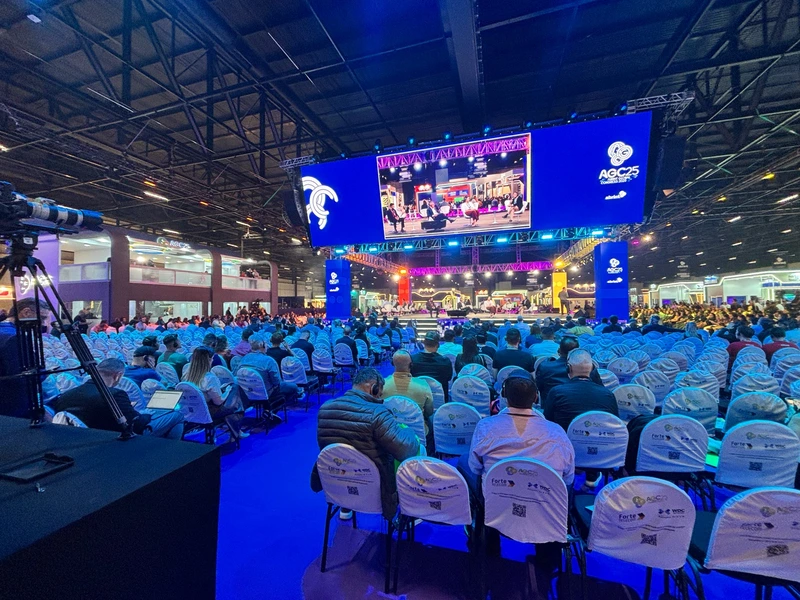- LACNIC 43 gathers Latin America’s tech community to address internet access and IPv6 transition challenges.
- Discussions spotlight the need for stronger collaboration on cybersecurity, policy, and sustainable digital infrastructure.
What happened: The LACNIC 43 meeting in São Paulo focuses on regional digital growth, internet governance, and IPv6 deployment in Latin America.
The LACNIC 43 conference is taking place from 5 to 9 May 2025 in São Paulo, Brazil. Organised by the Latin American and Caribbean Internet Addresses Registry (LACNIC), the five-day hybrid event brings together network operators, policymakers, civil society, and technical experts to address pressing issues related to internet development in the region. The agenda includes sessions on IPv6 adoption, routing security, digital inclusion, and public internet policy. LACNOG—the Latin American Network Operators Group—is also hosting technical workshops. This year’s edition runs alongside the FIRST Technical Colloquium, highlighting an expanded focus on cybersecurity. LACNIC is also unveiling new training resources aimed at strengthening IPv6 readiness among its members.
Also Read: LACNIC offers training for safer routing practices in the region
Also Read: LACNIC 43: Key highlights to look forward to in São Paulo
Why it’s important
Holding LACNIC 43 in São Paulo, one of the region’s most digitally advanced cities, underscores Brazil’s leadership in internet infrastructure. Yet while Brazil has achieved over 40% IPv6 penetration, many neighbouring countries remain far behind. According to Google’s IPv6 statistics, several Latin American nations are under 10% adoption, creating a fragmented and inefficient digital environment. Events like LACNIC 43 play a key role in closing this gap by aligning technical capacity, regulatory approaches, and funding support across borders. The conference also highlights the growing urgency around cybersecurity and resilience. With DNS abuse and route hijacking incidents on the rise, multi-stakeholder forums such as LACNIC 43 are essential for building trust and sharing technical expertise. LACNIC’s continued investment in programmes like FRIDA, which funds internet innovation in underserved communities, demonstrates a long-term vision for a more open and inclusive internet across Latin America and the Caribbean.

